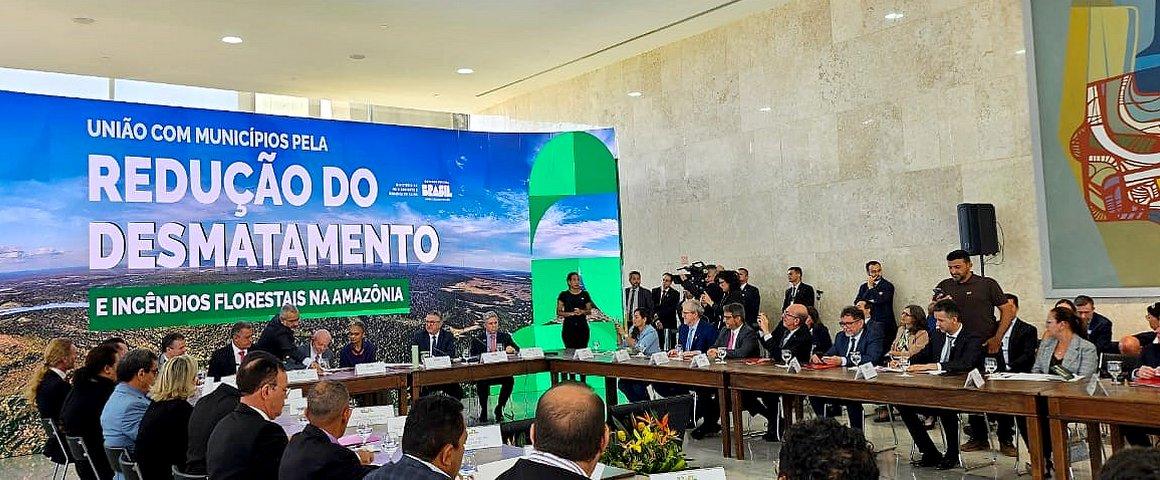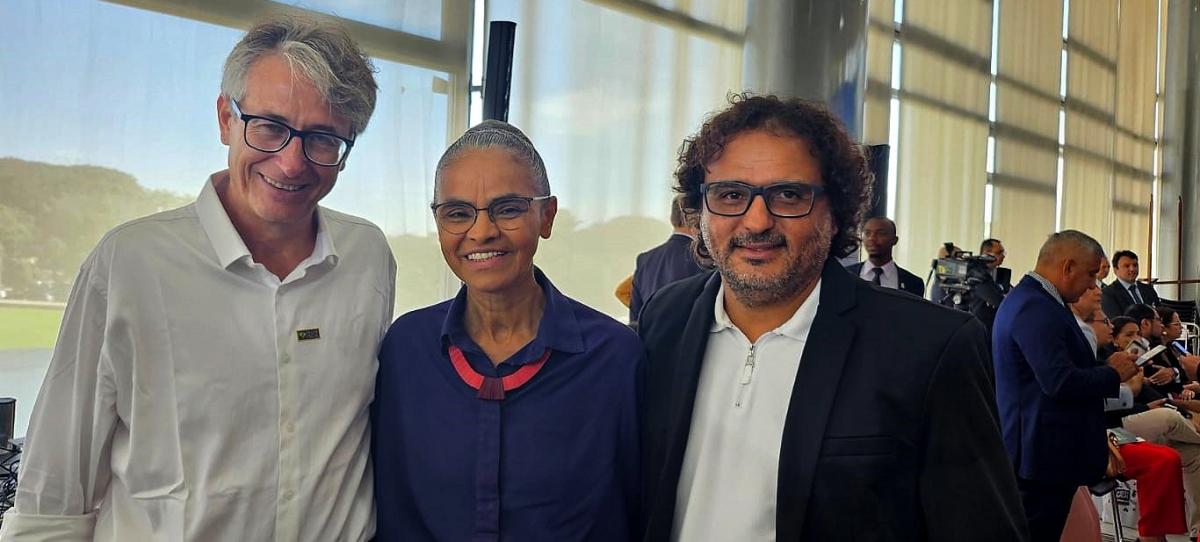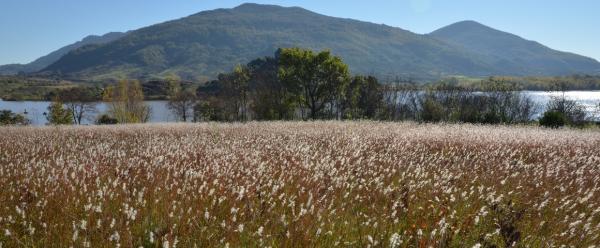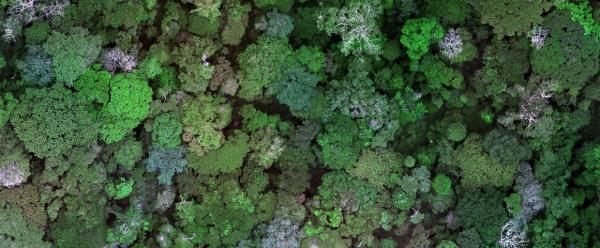Results & impact 7 May 2024
- Home
- CIRAD news
- News
- Combating deforestation with Amazon municipalities
Brazil launches a programme to combat deforestation with the municipalities of the Amazon

© R. Poccard-Chapuis, CIRAD
The Union with Municipalities programme is led by the Brazilian Ministry of Environment (MMA). It sets out actions to support 70 priority municipalities, identified for their high levels of deforestation and forest degradation in the reference year 2022. Focusing on equipment and incentives for municipalities, the programme establishes new tools to achieve its objectives: ensuring zero illegal deforestation by 2030, reducing forest fires and degradation, and improving livelihoods for local people.
To the municipalities that engage in this process, the programme will allocate a total of 740 million reais (133 million euros), 600 million of which are from the Amazon Fund, the main regional financial instrument, which is financed by international funds. Over the next two years, this funding will be used to implement various actions, including accelerating environmental and land regularisation, preventing fires, lifting embargoes, encouraging native vegetation recovery, financing sustainable productive activities, and equipping and modernising “good governance offices” in city councils.
A new strategy taking account of the diverse expectations in the Amazon
The municipal level, which has so far been the poor relation in Amazon policies, is now considered essential for engaging Amazon populations and achieving real impacts on the ground. Through this programme, the consolidation of territorial institutions is seen as playing a structural role in reducing deforestation in the priority municipalities.
“During this event, Brazil’s Environment Minister, Marina Silva, also stressed the importance of a good relationship within the territories between the different types of actors, such as large farmers, livestock breeders, family farmers, fishers and indigenous populations. Organising this coexistence is the only way to effectively meet the expectations of the different groups”, says René Poccard-Chapuis. “This is exactly what the Paragoclima project, in the municipality of Paragominas, seeks to do by giving all stakeholders a voice and trying to include everyone in governance instruments”.
Paragominas, a pioneering municipality in the fight against deforestation
Despite being the second largest deforester in 2008, the municipality of Paragominas was the first to be removed from the list of municipalities with the highest deforestation rates in the Amazon, in 2011, thanks to its innovative Municípios Verdes (Green Municipalities) programme. Although Paragominas was put back on the priority list in 2023, this was not due to poor local governance, but rather to new criteria and analysis methods implemented by the ministry. In particular, they include degradation caused by the logging industry and fires, which are themselves linked to the El Niño phenomenon. Taking account of forest degradation was identified by CIRAD as an avenue for improving forest policies.
Since 2020, the municipality is one of the five pilot territories of the TerrAmaz project, with which it is developing a territorial intelligence plan to foster synergies between economic, social, and environmental progress. Drawing on this progress and these outcomes, the municipality launched its ParagoClima project in April 2023, with the goal of achieving carbon neutrality by 2030. The objective is to build on the comparative advantages of the Amazon for low-carbon activities, especially in the fields of sustainable agriculture and forestry, in order to generate new, more sustainable territorial development dynamics. CIRAD, along with the city council, forms the coordination group responsible for implementing this project.
These actions have enabled Paragominas to be proactive in developing this new Union with Municipalities programme. A number of exchanges have taken place with the MMA’s Special Secretariat for Deforestation Control and Territorial Planning (SECD), during which the municipality stressed the importance of promoting low-carbon development rather than focusing solely on forest protection. These different exchanges and events have already contributed to defining the criteria and outlines of this new programme to combat illegal deforestation in the Amazon.
Paragominas will continue to discuss ways to improve the programme with the SECD, and with the Amazon city councils so that they are better able to develop projects in line with forest protection. Criteria for inclusion in or removal from the list need to be discussed in greater detail, especially where forest fires are concerned, and the municipality will tackle this issue. René Poccard-Chapuis has also coordinated a report that he submitted to the SECD, analysing deforestation across the whole Amazon biome, by municipality, and making suggestions for adapting federal policies to specific situations in the major types of municipalities in the Amazon.



























